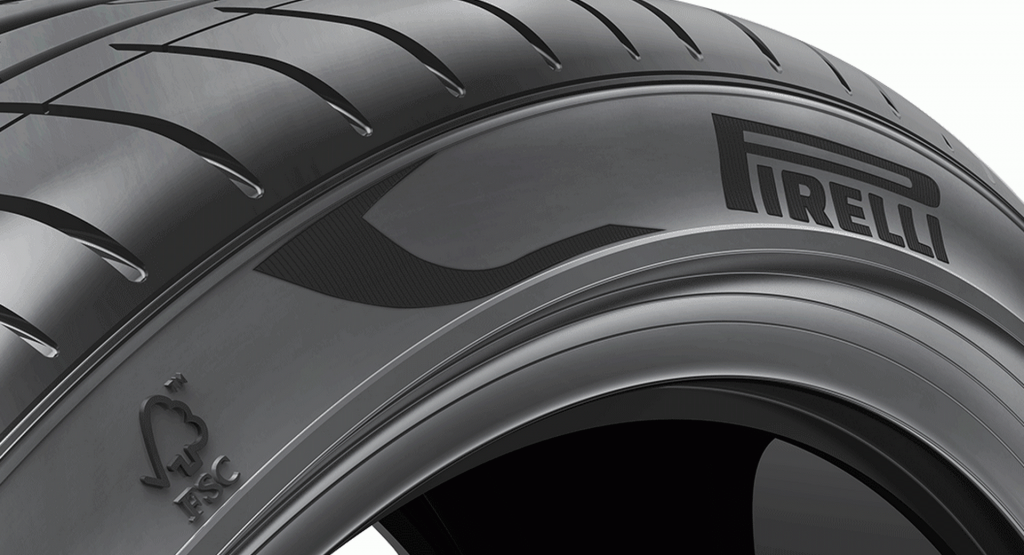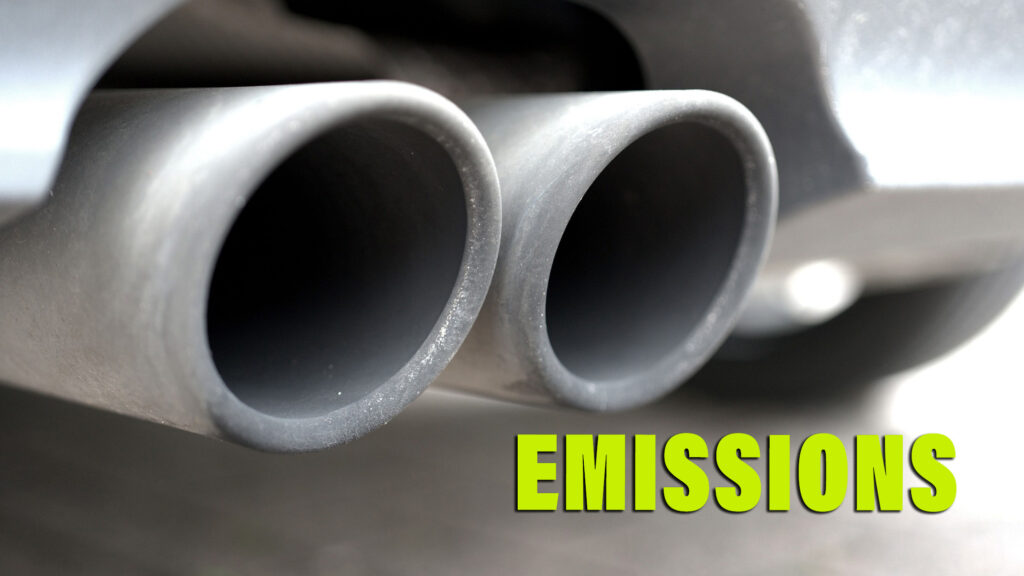In a victory for carmakers, or at least those selling ICE vehicles, European Union lawmakers have agreed to drop tough new Euro 7 emissions regulations that would have come into force in 2025. A watered-down version of the rules will be implemented instead which doesn’t require cars to emit any fewer tailpipe nasties than they do today.
Car manufacturers, and several countries well known for their car industries, including France and Italy, had claimed that the Euro 7 standards first proposed last year were an unnecessary and expensive distraction from their plan to build up EV portfolios ahead of Europe’s 2035 ban on combustion engines.
Spain, the current head of the EU, proposed a milder set of regulations on Monday, which was then agreed upon by a body comprised of ministers from each EU country, but still has to be signed into law. Under the revised proposal, emissions standards for cars would remain the same as Euro 6, though buses and heavy commercial vehicles will still have to meet tougher new limits.
Related: Manual VW Golf GTI Could Be Saved, As EU Holds Its Breath For Strict Euro 7 Emissions Decision

There are also new limits on emissions from brakes and tires, something that the industry has only relatively recently begun talking about, and which will continue to be a problem long after combustion engines have been outlawed unless changes are made.
Eight member states had been pushing hard to modify or drop the original Euro 7 rules, and are delighted with the outcome. Stellantis CEO, Carlos Tavares, was a prominent critic of the proposals, warning that the cost of meeting the regulations would badly affect the end-user price of small cars, and therefore hit lower-income families hardest.
But Germany, whose car industry is a major player in the country’s economy, refused to support the revised Spanish proposal. German Green state secretary Sven Giegold said the new rules were “below the current state of technology” and would mean Europe falling below international standards for Air quality, Euractiv reports.








